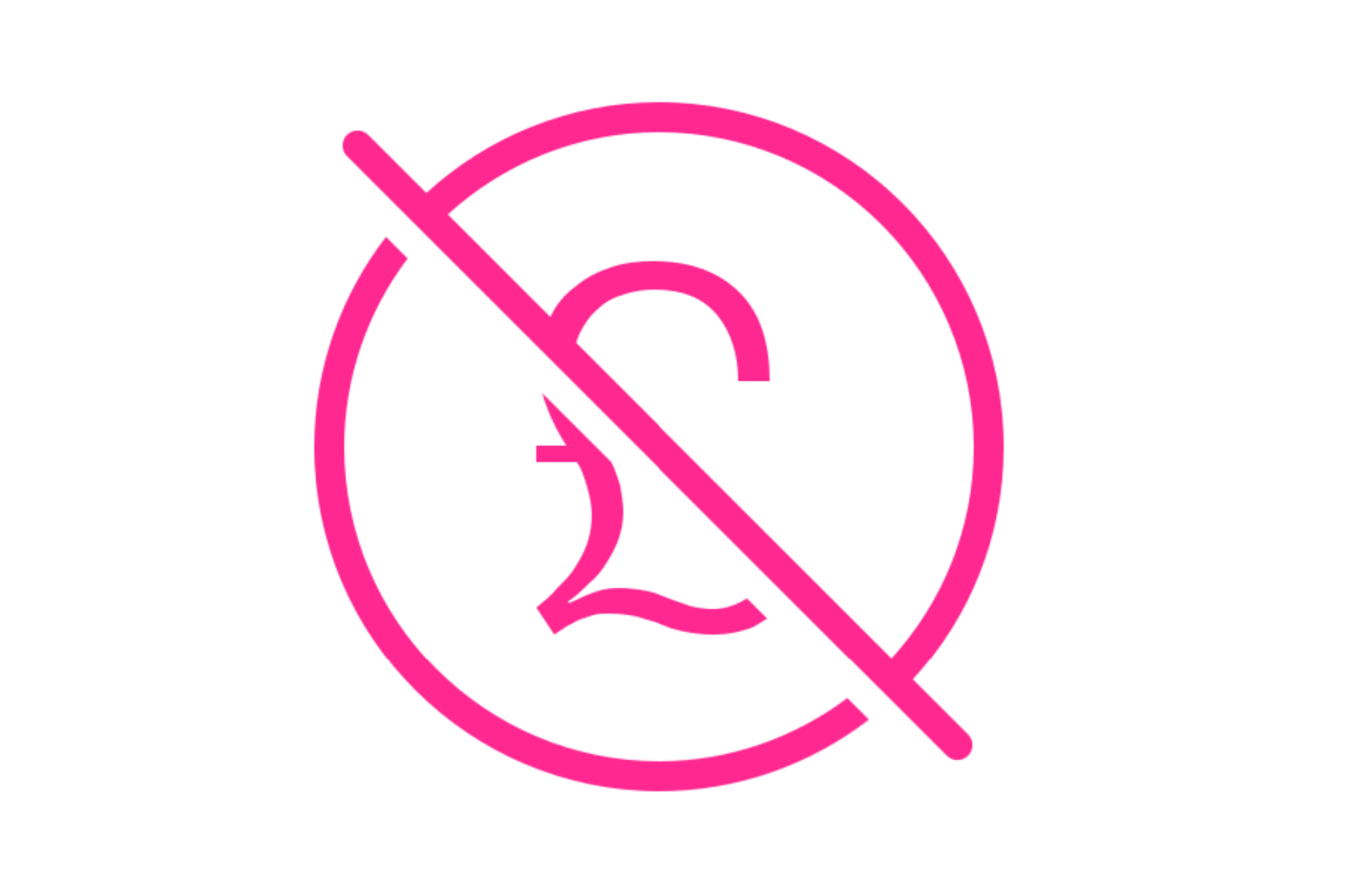What Is A Deed Of Covenant In Conveyancing, And Why Is It Required?
Posted on 22nd June 2020
When discussing Deeds of Covenant, in conveyancing, we are discussing legally binding documents, where executed correctly. The thought of this, for some, can be daunting, and it can often be difficult to know where to start in understanding what is being asked of you.
Rest assured that our property conveyancing solicitors are on hand to advise you of all you need to know about Deeds of Covenant. Our team have formed a one-stop-shop on such matters, as discussed below:
What is a Deed of Covenant?
A Deed of Covenant is a form of legal Deed, in which a party legally promises to carry out the obligations, and terms, stipulated therein. This a method which is used to ensure that covenants and/or obligations affecting a property are complied with.
Such matters, predominately, affect leasehold properties, and can be imposed as a form of protection to the freeholder/landlord. When executed, Deeds of Covenant are also legally binding. This allows an element of surety to those with the benefit of the Deed, that the terms, under which the same have been agreed, are going to be complied with.
Such Deeds can cover a range of items, however, mainly relate to covenants to perform certain clauses within the Lease agreement. So, what should you be looking out for?
Fixed-fee Conveyancing Solicitors:
MG Legal's leading coveyancing solicitors offer an unmatched service, and clear, fixed-fee rates.
Our team put your first, and work with care to ensure that your property matters go smoothly, with no hidden costs. Call us today so speak to a conveyancing solicitor: 01995 602129

Get in touch today to speak to a Conveyancing Solicitor.
What does a Deed of Covenant look like?
The Deed of Covenant will be set out in a standard format and is, usually, found annexed to the Lease in question. The Deed will cover the following, as examples:
- The property details, inclusive of the full address, postcode and title number;
- The parties to the agreement, inclusive of full names and addresses for service. The parties will, usually, be defined as ‘Covenantor / Covenantee’ for the ease of reference throughout the Deed.
- Any other relevant definitions are also noted. This will depend, entirely, upon how complex the Deed is, and whether there is a need for certain terms to be accordingly defined. Such terms are defined in order that there is no room for any doubt, as to the interpretation of such terms.
- The agreed terms are then set out, in order to stipulate exactly what the Deed of Covenant requires, and what is being agreed, when signing.
- The appropriate execution clause is included, to ensure that the Deed is signed, as a Deed, in order to make the same legally binding. The question asked by many is, however, is it a requirement to sign? See our conveyancing solicitors' discussions below.
MG Legal, Leading Conveyancing Solicitors. The team that put you first. Contact us to speak to a solicitor today: 01995 602129 or email at: enquiries@mglegal.co.uk
Do I have to sign a Deed of Covenant?
When it comes to signing a Deed of Covenant, you should take the expert advice of your conveyancing solicitor in this regard, who will be able to accordingly advise you of the implications of signing the Deed and, indeed, not signing.
Usually, this will be a condition of the matter and, will be a condition of the Lease affecting the property. Non-compliance with the same could, therefore, result in a breach of the Lease, which could bring about a world of further issues for those in breach.
In some instances, Deeds of Covenant can be linked to what are known as certificates of compliance. For more information on what a certificate of compliance is, and why they are important, here.
Our leading conveyancing solicitors, regularly, come across situations where a certificate of compliance will not be issued, until a Deed of Covenant is entered into.
For example, there is a restriction noted on the Register of Title pertaining to the property, which requires a certificate of compliance to be provided, before registration can be finalised. Such restrictions, usually, ask those with the benefit of the same to confirm that specific clauses of the Lease have been complied with. These clauses can, often, require that the incoming party enters into a Deed of Covenant, in order to comply with the same.
As you can see, the two can become closely intertwined, in that, the certificate will only be issued once a Deed of Covenant has been entered into, and appropriately executed. So, what does a Deed of Convenant entail?
Why choose MG Legal:

No Hidden Fees.

Give us a call today.

We are the experts.

Multiple Office Locations.
How is the Deed of Covenant to be executed?
The document must be signed, as a Deed, in order to make the same legally binding. This is to be done, in writing, and in the presence of an independent witness. An independent witness would be someone whom has no interest in the matter, is not related to you, nor living at the same address. The witness should, in addition, be over the age of 18. For more on how legal Deeds are to be signed, see our blog, here.
As you can see, there are a number of items to consider, when discussing Deeds of Covenant. You should never sign such Deeds, without consulting the expertise of your property conveyancing solicitor. When you work with MG Legal's conveyancing solicitors, you can rest assured that your designated solicitor will be on hand at all times to help with any issues or answer any queries you might have.
So, if you have been asked to sign a Deed of Covenant, and require the advice of our leading conveyancing solicitors, contact us today, at property@mglegal.co.uk, where our team will be able to advise you, accordingly.
Alternatively, if you have any other conveyancing query, or would like to learn how our team of conveyancing solicitors can help you, submit an enquiry with us online today, here, where our expert solicitors will be on hand to assist.
Contact Us Today:
Or give us a call on 01995 602129

Clear, fixed-fees

Fully-Qualified Conveyancing Solicitors

Tailored Service

Multiple Office Locations

Decades of Experience

Home Visits
Share this post:




